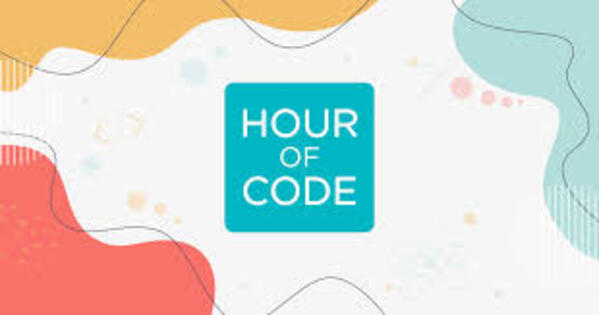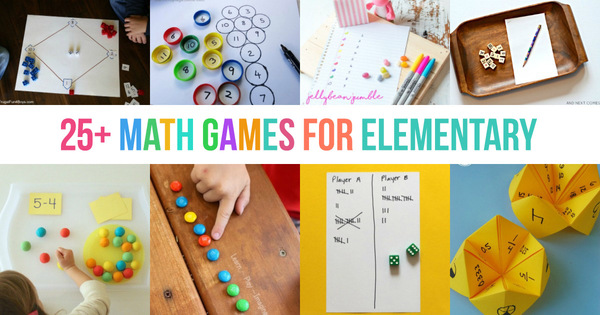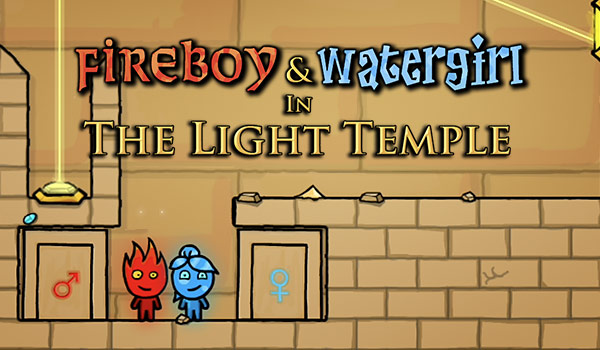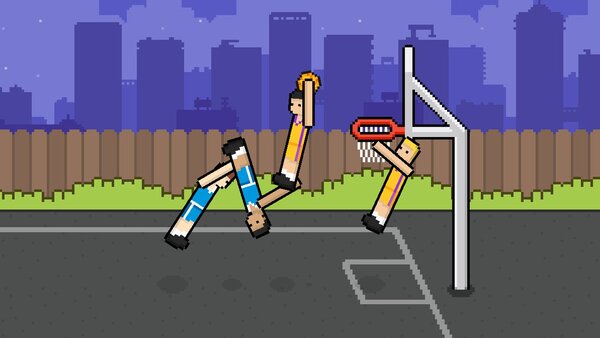Advertisement
Popular Now
In the ever-evolving landscape of education, the role of games has become increasingly integral. As we strive to make learning more engaging and effective, the rise of education games has emerged as a powerful tool to captivate young minds and foster a lifelong love of knowledge. In this comprehensive article, we will explore the top 5 education games that are revolutionizing the way we approach learning, and uncover the myriad benefits they offer.
 Minecraft: Education Edition is a groundbreaking education game that has captured the imagination of students and educators worldwide. This open-world sandbox game allows learners to explore, create, and problem-solve in a virtual environment that encourages critical thinking and collaborative learning.
Minecraft: Education Edition is a groundbreaking education game that has captured the imagination of students and educators worldwide. This open-world sandbox game allows learners to explore, create, and problem-solve in a virtual environment that encourages critical thinking and collaborative learning.
 Code.org's Hour of Code is a top education game that has been making waves in the world of computer science education. This engaging and approachable introduction to coding provides students with a hands-on, interactive experience that demystifies the world of programming.
Code.org's Hour of Code is a top education game that has been making waves in the world of computer science education. This engaging and approachable introduction to coding provides students with a hands-on, interactive experience that demystifies the world of programming.
 Everyday Mathematics: Math Games is a comprehensive education game suite developed by the University of Chicago's School Mathematics Project. This collection of interactive, curriculum-aligned games aims to make math learning engaging, accessible, and effective for students of all ages.
Everyday Mathematics: Math Games is a comprehensive education game suite developed by the University of Chicago's School Mathematics Project. This collection of interactive, curriculum-aligned games aims to make math learning engaging, accessible, and effective for students of all ages.
The Importance of Play in Education
The idea of learning through play is not a novel concept, but it has gained significant traction in recent years. Education games harness the innate human desire for challenge, exploration, and achievement, seamlessly blending these elements with core academic subjects. By tapping into the natural curiosity and enthusiasm of students, these games create an environment where learning becomes an enjoyable, immersive experience.Minecraft: Education Edition
 Minecraft: Education Edition is a groundbreaking education game that has captured the imagination of students and educators worldwide. This open-world sandbox game allows learners to explore, create, and problem-solve in a virtual environment that encourages critical thinking and collaborative learning.
Minecraft: Education Edition is a groundbreaking education game that has captured the imagination of students and educators worldwide. This open-world sandbox game allows learners to explore, create, and problem-solve in a virtual environment that encourages critical thinking and collaborative learning.
Developing Computational Thinking
Within the vast expanse of Minecraft, students are challenged to design and engineer complex structures, requiring them to apply logical reasoning and computational thinking skills. As they navigate the game's various challenges, they learn to break down problems, identify patterns, and devise innovative solutions.Fostering Cross-Curricular Connections
Minecraft: Education Edition goes beyond just teaching coding and engineering principles. It seamlessly integrates various academic subjects, from history and geography to art and literature. Students can reenact historical events, build accurate representations of landmarks, or even explore the principles of physics and chemistry within the game's dynamic environment.Encouraging Teamwork and Communication
The collaborative nature of Minecraft: Education Edition promotes teamwork and effective communication. Students must work together to plan, coordinate, and execute their in-game projects, developing essential 21st-century skills that are highly valued in both academic and professional settings.Code.org's Hour of Code
 Code.org's Hour of Code is a top education game that has been making waves in the world of computer science education. This engaging and approachable introduction to coding provides students with a hands-on, interactive experience that demystifies the world of programming.
Code.org's Hour of Code is a top education game that has been making waves in the world of computer science education. This engaging and approachable introduction to coding provides students with a hands-on, interactive experience that demystifies the world of programming.
Overcoming the Fear of Coding
Many students often perceive coding as a daunting and inaccessible subject, but the Hour of Code breaks down these barriers by offering a welcoming and user-friendly environment. Through a series of interactive tutorials and challenges, students learn the fundamental concepts of coding, building their confidence and igniting a newfound passion for computer science.Cultivating Computational Thinking
The Hour of Code emphasizes the development of computational thinking skills, which are essential not only for programming but also for problem-solving in a wide range of disciplines. By breaking down complex problems, recognizing patterns, and developing algorithms, students gain a deeper understanding of the logical thinking processes that underpin coding.Promoting Inclusivity and Diversity
One of the standout features of the Hour of Code is its commitment to promoting inclusivity and diversity in the field of computer science. The program offers a diverse array of coding activities and role models, ensuring that students from all backgrounds feel represented and inspired to pursue their interests in technology.Prodigy Math Game
Prodigy Math Game is a captivating education game that has become a favorite among students and teachers alike. This adaptive, curriculum-aligned game combines the thrill of adventure with the mastery of mathematical concepts, creating a truly engaging learning experience.Personalized Learning Pathways
Prodigy Math Game utilizes advanced algorithms to assess each student's individual strengths and weaknesses, and then tailors the gameplay and content accordingly. This personalized approach ensures that students receive the appropriate level of challenge and support, fostering a sense of achievement and progress.Gamification of Math Learning
By seamlessly integrating mathematical concepts into a fantasy-themed adventure, Prodigy Math Game leverages the power of gamification to make learning math fun and rewarding. Students are motivated to progress through the game's levels, earn rewards, and overcome challenges, all while mastering essential mathematical skills.Fostering a Love for Math
One of the key benefits of Prodigy Math Game is its ability to cultivate a positive attitude towards mathematics. By making the subject engaging and enjoyable, the game helps to break down the common misconception that math is inherently difficult or boring, encouraging students to embrace the subject with enthusiasm and confidence.DimensionU: Educational Gaming Platform
DimensionU is a comprehensive education game platform that offers a diverse range of interactive games and simulations across multiple academic subjects. This innovative platform leverages the power of gaming to create immersive learning experiences that captivate students and enhance their understanding of complex topics.Interdisciplinary Approach
DimensionU's suite of games covers a wide range of subjects, including mathematics, science, social studies, and language arts. By integrating these subjects within a cohesive gaming environment, the platform encourages students to make connections across disciplines and apply their knowledge in meaningful, real-world contexts.Adaptive and Personalized Learning
Similar to Prodigy Math Game, DimensionU utilizes adaptive technology to tailor the gaming experience to each student's individual needs. The platform continuously assesses student performance and adjusts the difficulty level, content, and gameplay accordingly, ensuring that every learner is challenged and supported in their academic growth.Collaborative Learning Opportunities
DimensionU's games often feature multiplayer modes, allowing students to work together, share ideas, and learn from one another. This collaborative approach fosters the development of essential 21st-century skills, such as communication, teamwork, and problem-solving, preparing students for success in both academic and professional settings.Everyday Mathematics: Math Games
 Everyday Mathematics: Math Games is a comprehensive education game suite developed by the University of Chicago's School Mathematics Project. This collection of interactive, curriculum-aligned games aims to make math learning engaging, accessible, and effective for students of all ages.
Everyday Mathematics: Math Games is a comprehensive education game suite developed by the University of Chicago's School Mathematics Project. This collection of interactive, curriculum-aligned games aims to make math learning engaging, accessible, and effective for students of all ages.






















